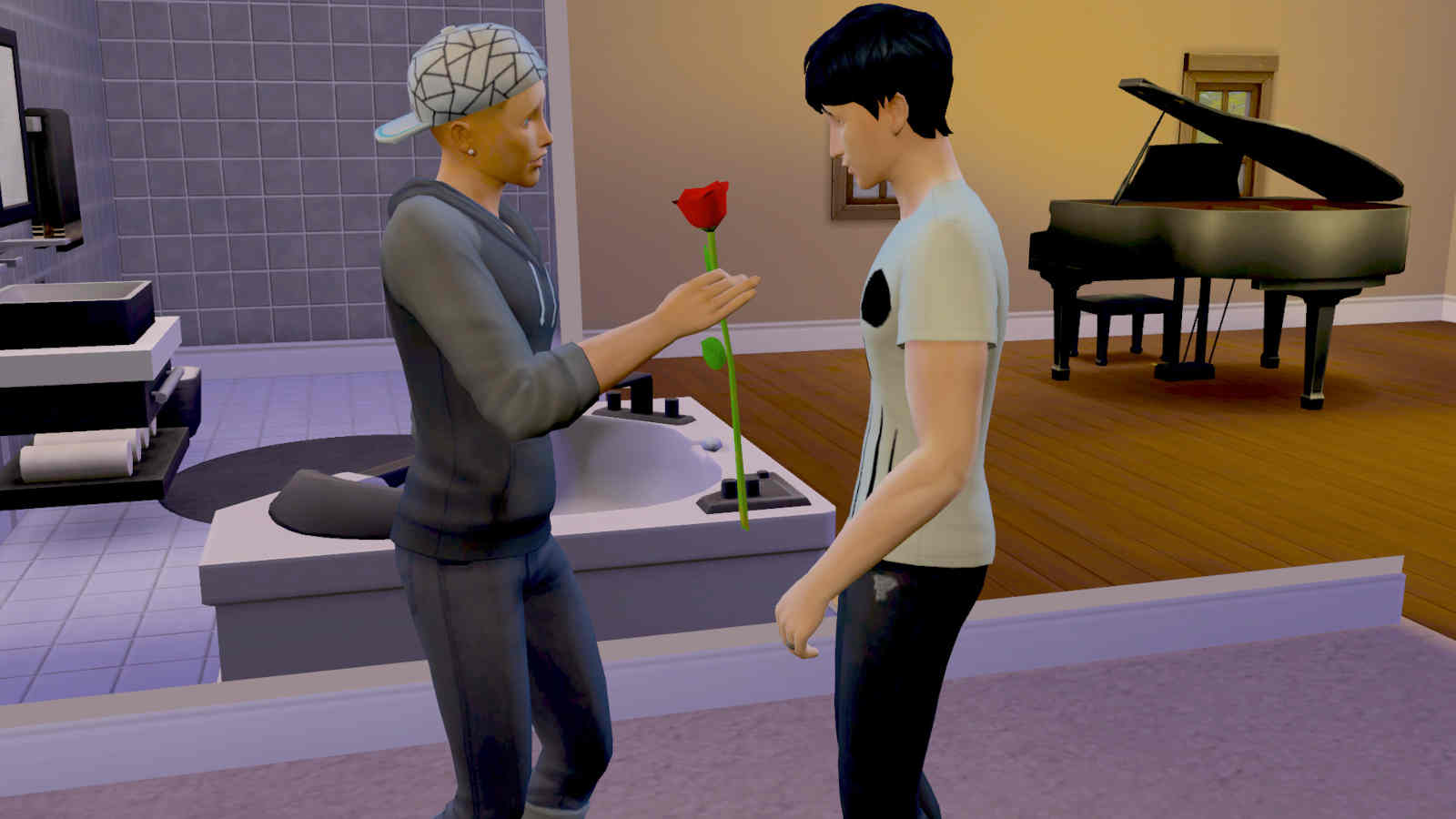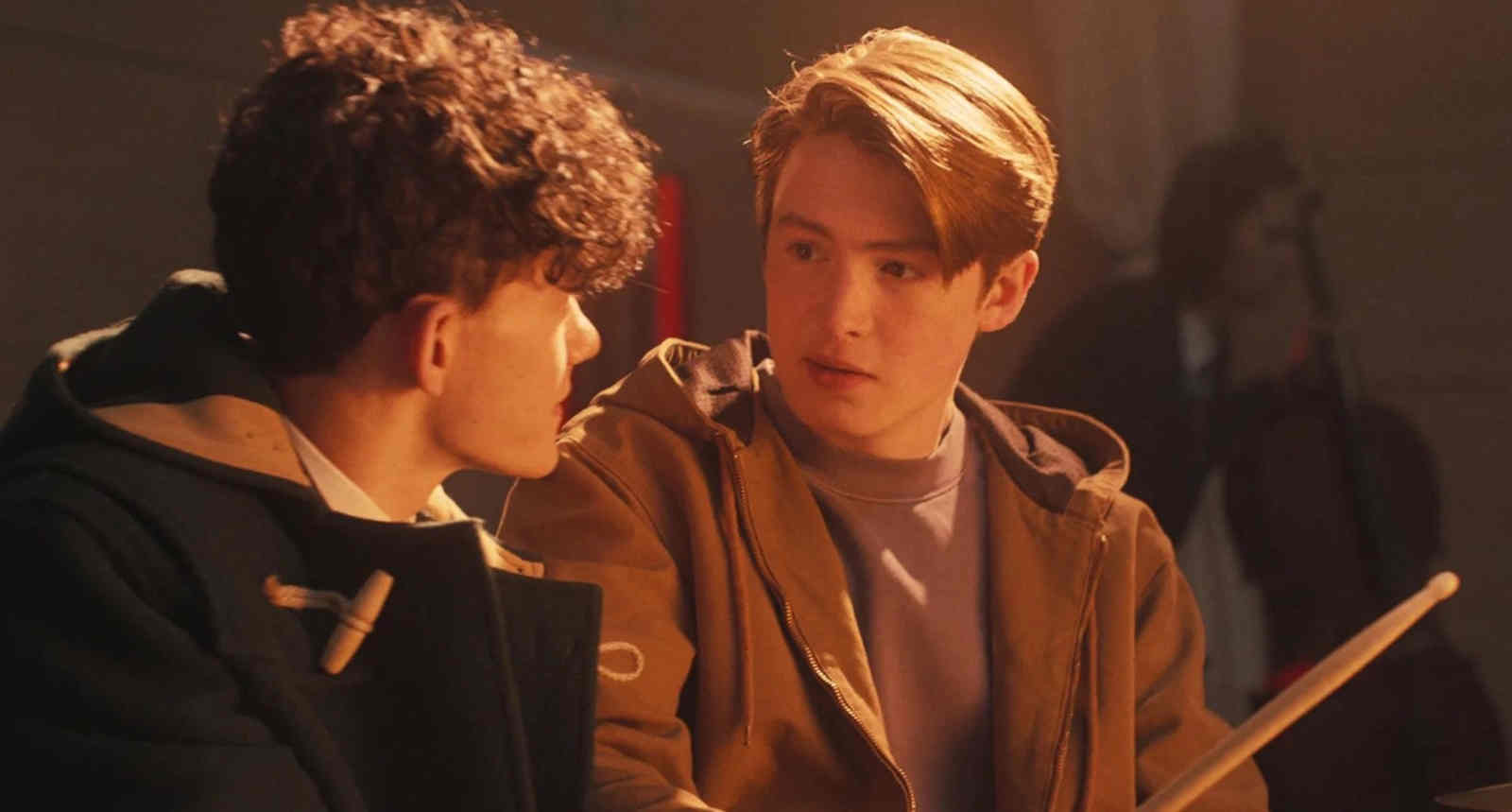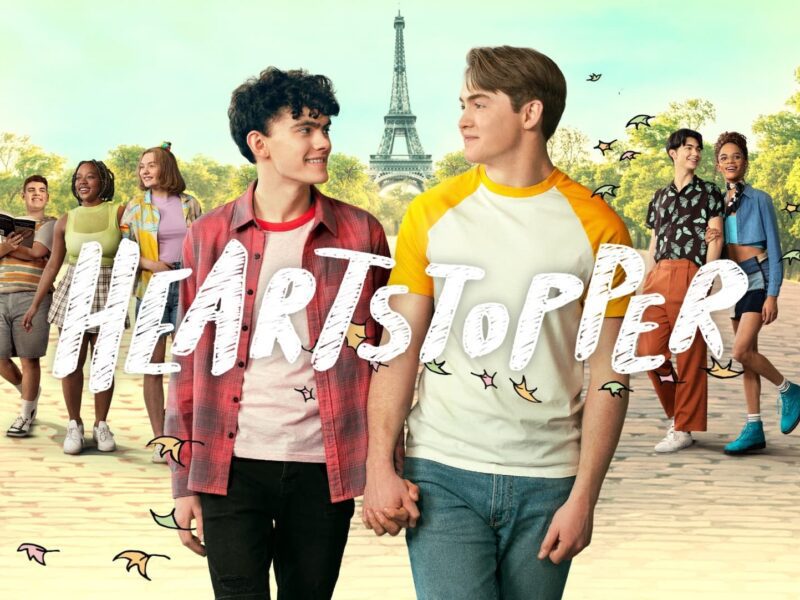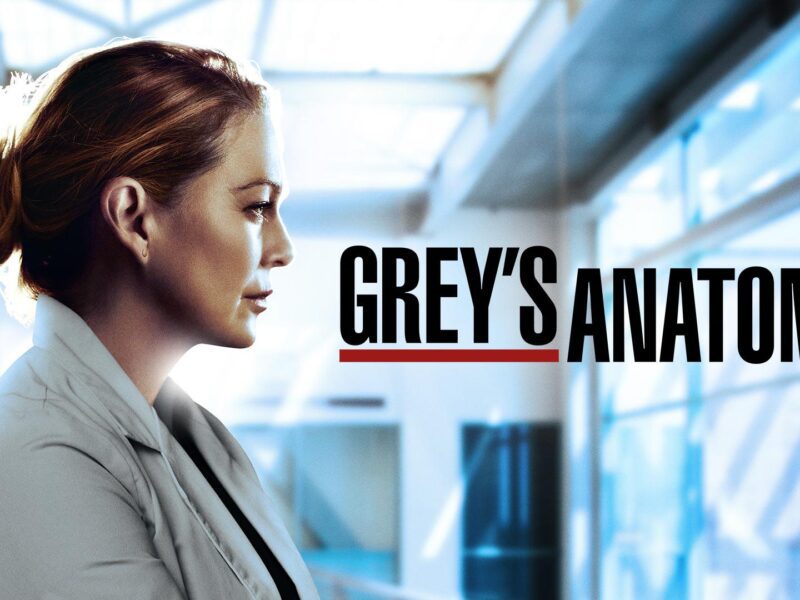
Bisexual Representation That Changed The World Forever
Unless you’ve grown up in a large city, raised by progressive parents, chances are your first interactions with queerness came from either the media, or the internet. Throughout the years, these tools have allowed queer and questioning youth to see beyond the constraints of their social bubble, and access information about sexuality and gender. Representation in the media and beyond has also served another purpose: opening the minds of people who otherwise wouldn’t have been exposed to LGBTQ+ issues.
That being said, not all representation is positive, and can actually be damaging. Not so long ago, in a now-infamous Sex and the City scene, Sarah Jessica Parker (Carrie) says: “I’m not even sure bisexuality exists. I think it’s just a layover on the way to Gaytown”. The show was then-praised for its progressive portrayal of modern womanhood and sexuality, but in this instance, it failed to accurately educate its viewers on bisexuality.
Accurate and positive representation matters – as for some people – that single interaction may be incredibly formative. Let’s take a look at some examples of bisexual representation which have shaped the world as we know it.
The Sims

The Sims was released in the year 2000, which some could argue was a lifetime ago. The social simulation game was the top grossing game of 2000 and 2001, selling over 3 million copies in the U.S. in the two years following its release. That number increased to 6 million copies in early 2002, making it the best-selling game in history at the time.
Why does that matter? Well, compared to other games at that time, it was estimated that 40% of its players were women. More importantly, the game had a groundbreaking feature, by which all sims were able to have same-sex relationships, without there being a need to pre-determine their sexuality.
For the first time ever, people of all ages were able to explore same-sex relationships without shame or societal pressures, all in the comfort and safety of their home. It is impossible to grasp the impact of The Sims, however, it’s easy to see how it has served as a self-discovery tool for many.
Funnily, it all happened because of miscommunication within the team. E.A. had decided to exclude same-sex relationships from the game, however, one of the programmers wasn’t told this. He built the game with same-sex relationships embedded within, which luckily no one then questioned or disputed. The rest is history.
Callie Torres in Grey’s Anatomy

Grey’s Anatomy, one of the most popular shows of all time, featured Callie Torres for a total of 11 seasons. Played by Sara Ramirez, Callie came out in 2006, becoming one of the first and only bisexual characters on TV. Her run on Grey’s Anatomy makes her one of the longest-running queer character on TV.
Callie’s story as a bisexual woman of colour has made a colossal impression on many people’s lives. Throughout the series, we see her explore bisexual dating and relationships, coming out, parenthood, marriage, divorce, and more. The complexity of her character showed people that bisexual identities are valid, and more importantly, that bisexual people can find happiness, in a time when bisexual representation was scarce.
Nick Nelson in Heartstopper

Nick, played by Kit Connor, is a modern representation of bisexual youth. Heartstopper premiered in 2022, and has been lauded for its representation of bisexual, gay, and transgender identities.
Nick is a rugby player who begins to question his sexuality when he develops feelings for Charlie, an openly gay boy who goes to the same school. Over the course of 8 episodes, Nick eventually learns about bisexuality through YouTube, leading him to come out to his mother.
While many shows present LGBTQ+ identities in the context of adulthood, Heartstopper speaks to a younger audience by portraying teenage self-discovery, friendship and love. The show reached Netflix’s Top 10 list in 54 countries, bringing authentic queer representation on screens all over the world.
These few pioneering examples have helped shape modern views on sexuality, and enabled people in the most remote and conservative of places to understand and accept themselves.







